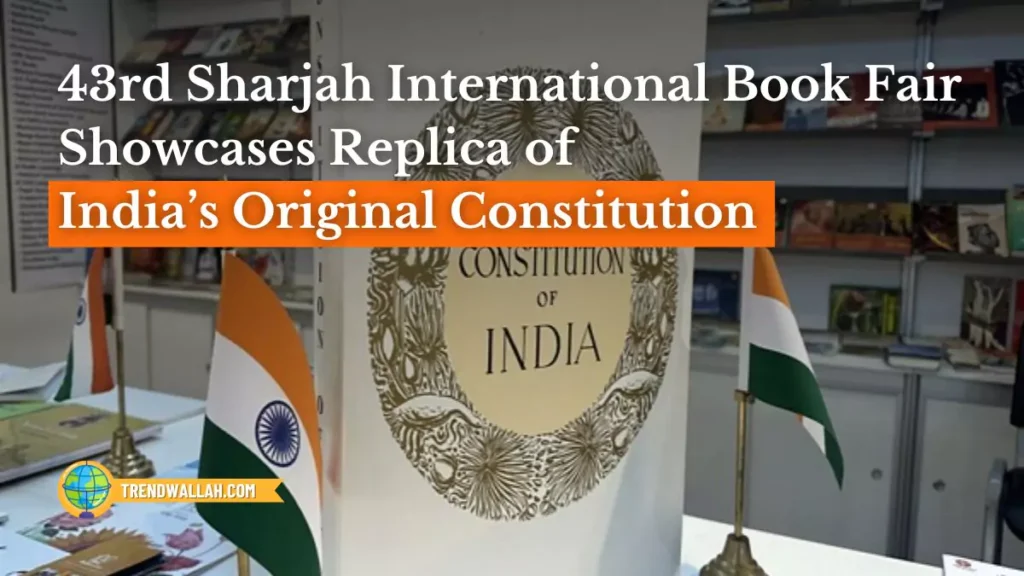
The Kerala Assembly has unanimously passed a resolution asking the BJP-led central government to withdraw the Waqf Amendment Bill 2024, which was introduced in the Lok Sabha in August and is currently under consideration by a Joint Parliamentary Committee (JPC). The resolution reflects concerns over the proposed changes, which lawmakers argue could undermine the autonomy of Waqf Boards and centralize the management of Waqf properties.
| Key Issue | Kerala’s Stance | BJP’s Stance |
| Waqf Board Autonomy | Opposes central control, supports state management | Supports central nomination for transparency |
| Inclusion in Waqf Boards | Kerala opposes central interference | Welcomes inclusion of women and minorities |
| Land Disputes Resolution | Concerns over district collector authority | Supports district collector as final authority |
Concerns Raised Over Waqf Amendment Bill 2024
Kerala’s Minister for Welfare of Minorities, Sports, Waqf, and Haj Pilgrimage, V Abdurahiman, moved the resolution under Rule 118 of the Assembly. He emphasized that Waqf is a subject on the concurrent list and expressed concerns that the Waqf Amendment Bill 2024 would infringe upon state rights and challenge the principles of democratic federalism.
The primary concern of Kerala’s lawmakers is that the Bill allows for the nomination of Waqf Board members and the chairman by the central government, which they argue could weaken the autonomy of Waqf institutions. Additionally, there are fears that the changes could lead to the centralization of Waqf property management, reducing the role of state governments and local communities in managing these properties.
Opposition Parties Support the Resolution
Both the LDF (Left Democratic Front) and UDF (United Democratic Front) parties in Kerala expressed their support for the resolution. Congress MLA from Wayanad, T Siddique, argued that the Bill would strip states of their rights to manage Waqf properties, leading to excessive centralization of power.
With no BJP MLAs currently in Kerala’s legislature, the opposition to the Bill was unanimous. The assembly’s stance reflects Kerala’s broader resistance to centralization efforts, such as the “one nation, one election” proposal that the state has also opposed.
BJP Defends the Waqf Amendment Bill 2024
The BJP, however, defended the Bill. TP Sindhumol, BJP spokesperson in Kerala, welcomed provisions of the Bill, such as the inclusion of women and people from different communities in the Central Waqf Council. The BJP also supported the provision making the district collector the final authority in land disputes involving Waqf properties, particularly in cases like Munambam, where such disputes have led to public protests.
Union Minister Kiren Rijiju defended the Bill in Parliament, stating that the changes are aimed at bringing transparency to the management of Waqf properties and delivering justice to ordinary Muslims. He argued that some individuals had captured Waqf Boards for personal benefit, and the new Bill would address these issues without interfering with religious practices or mosque functions.
Concerns Over Centralized Control of Waqf Properties
Critics of the Bill fear that allowing the central government to nominate Waqf Board members will lead to the centralization of control over Waqf properties, which are community assets. Many argue that this centralization could lead to mismanagement and erode local control, which has traditionally ensured that Waqf properties serve their intended religious and community functions.
#WATCH | Delhi: On Kerala Assembly passes resolution for Waqf Amendment Bill withdrawal, BJP national spokesperson Shehzad Poonawalla says, "The Left and the Congress party, they talk about the Constitution, but they have little faith in the Constitution of India. Can they have… pic.twitter.com/LEjKYcsmmm
— ANI (@ANI) October 15, 2024
Kerala’s Opposition to Centralization
This latest resolution comes on the heels of Kerala’s recent opposition to the Centre’s “one nation, one election” proposal. The state has consistently voiced concerns about attempts by the central government to concentrate power, which they argue could harm the federal structure of the country.
Waqf Amendment Bill 2024- Summary:
- Kerala Assembly passed a resolution urging the withdrawal of the Waqf Amendment Bill 2024.
- The Bill proposes centralized control over Waqf Boards, including the nomination of members and chairpersons.
- The state government argues this would infringe on state rights and democratic federalism.
- The resolution was supported by both LDF and UDF parties in the Kerala Assembly.
- The BJP defended the Bill, citing transparency and inclusiveness.
Kerala Assembly has also opposed the “one nation, one election” proposal earlier in 2024.
Also Read Latest Current Affairs 2024
The Waqf Amendment Bill 2024 proposes changes to the Waqf Act to introduce centralized control over the management of Waqf properties and the nomination of Waqf Board members by the central government.
Kerala argues that the Bill infringes on state rights and undermines the autonomy of Waqf Boards, violating democratic federalism.
The Bill proposes nominating members to Waqf Boards, including a nominated chairman, and makes the district collector the final authority in Waqf land disputes.
The BJP argues that the Bill brings transparency to the management of Waqf properties and ensures representation from all sections, including women and minorities.
Yes, Kerala recently passed a resolution opposing the “one nation, one election” proposal, arguing that it undermines the federal structure of the country.

